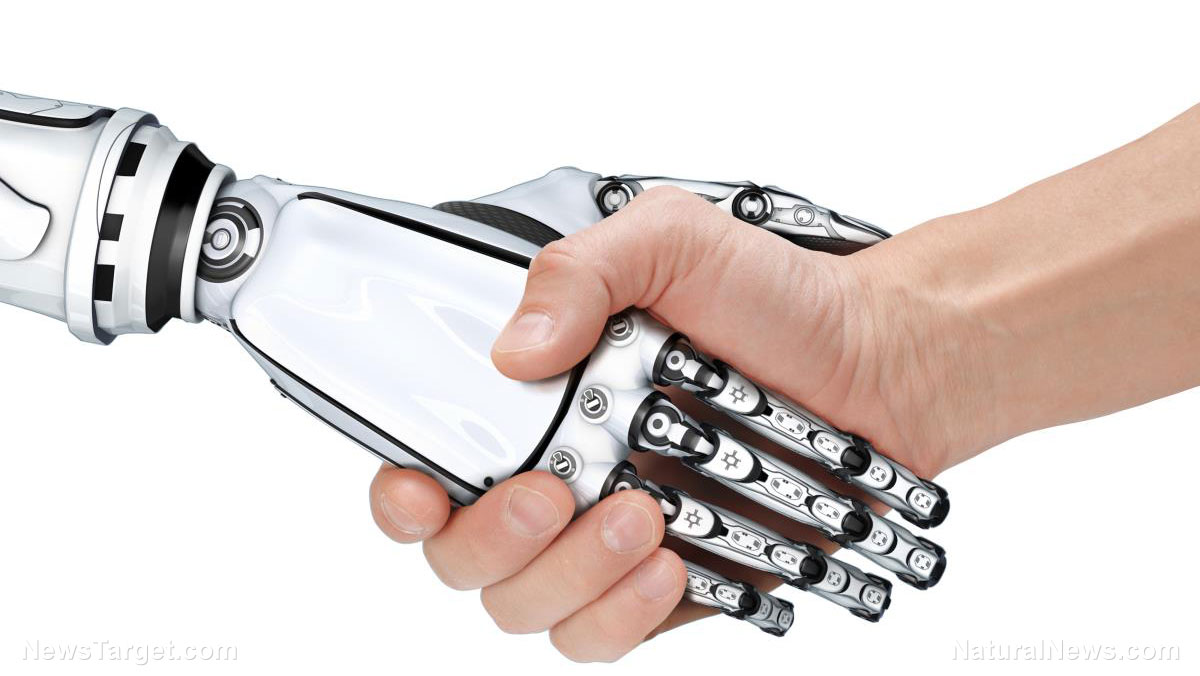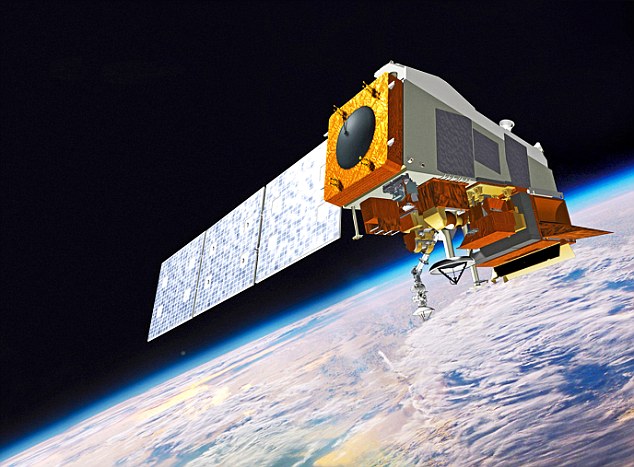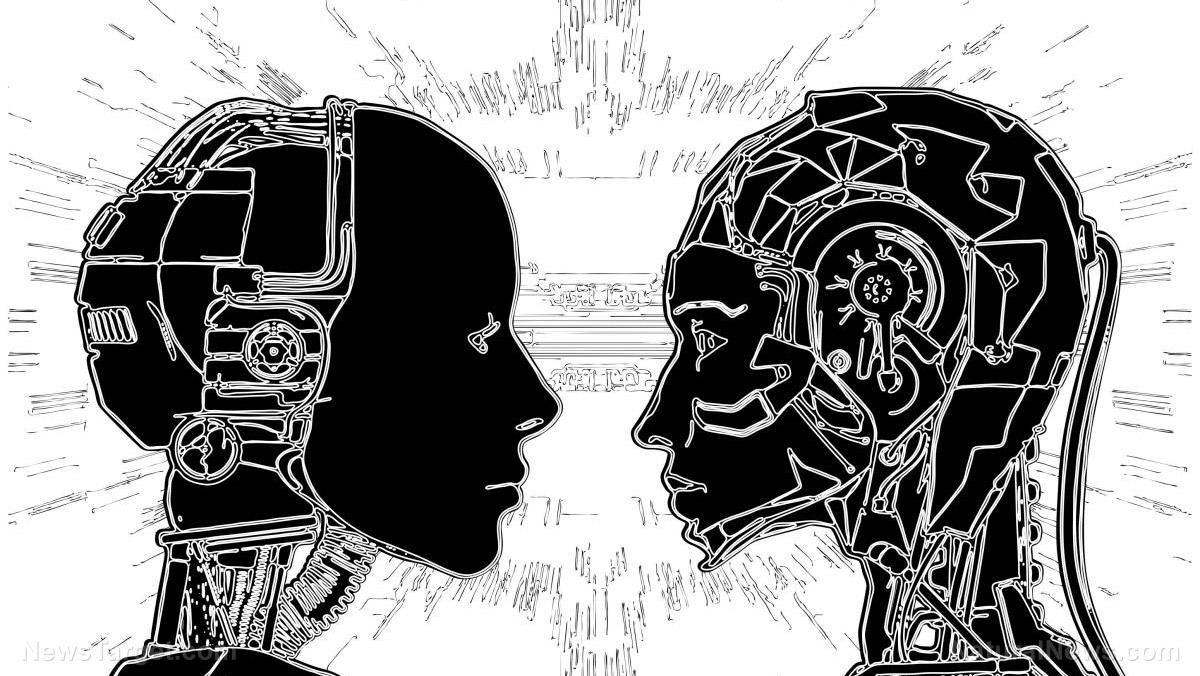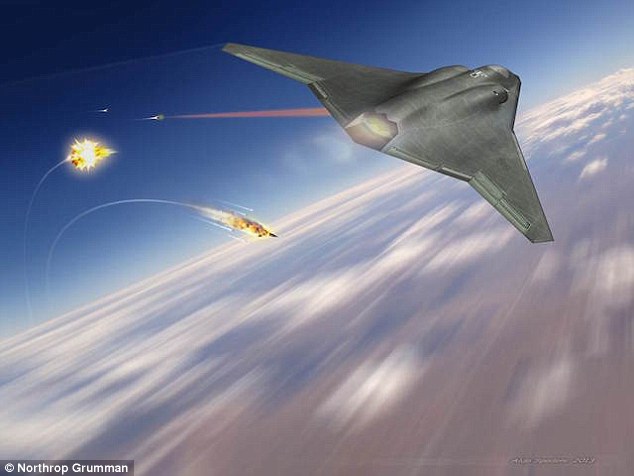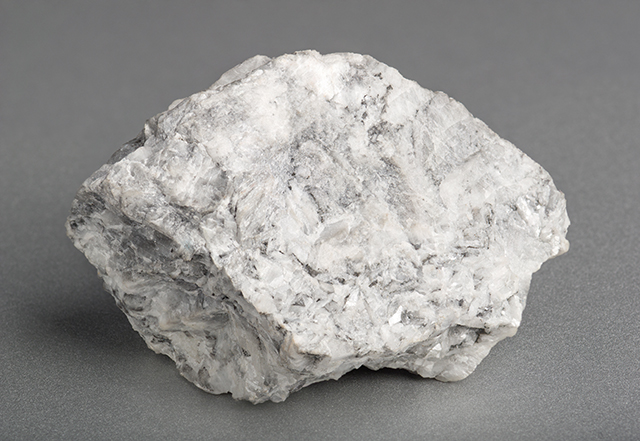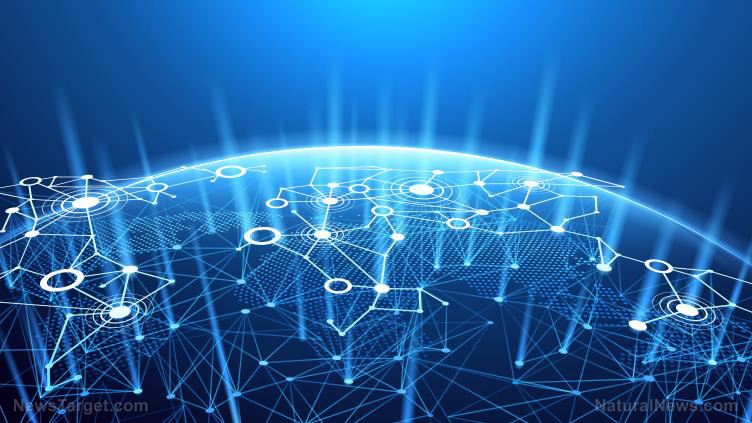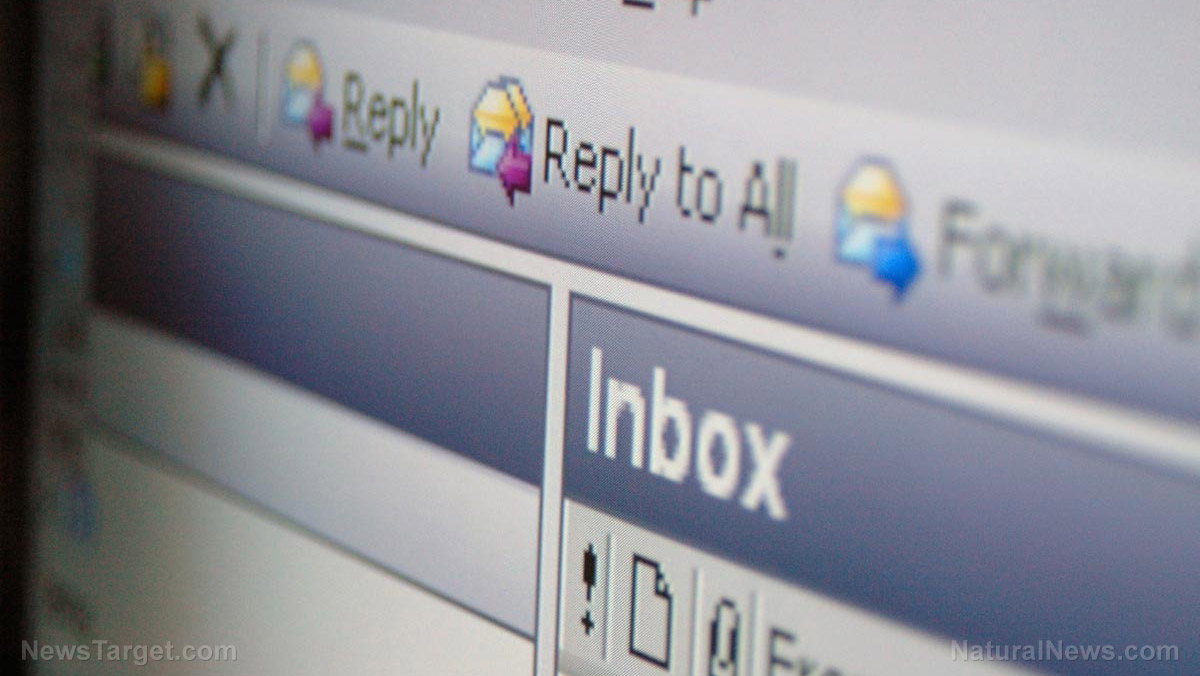Four tech predictions in history that didn’t quite hit the mark (and 3 that were spot-on)
07/18/2018 / By Ralph Flores
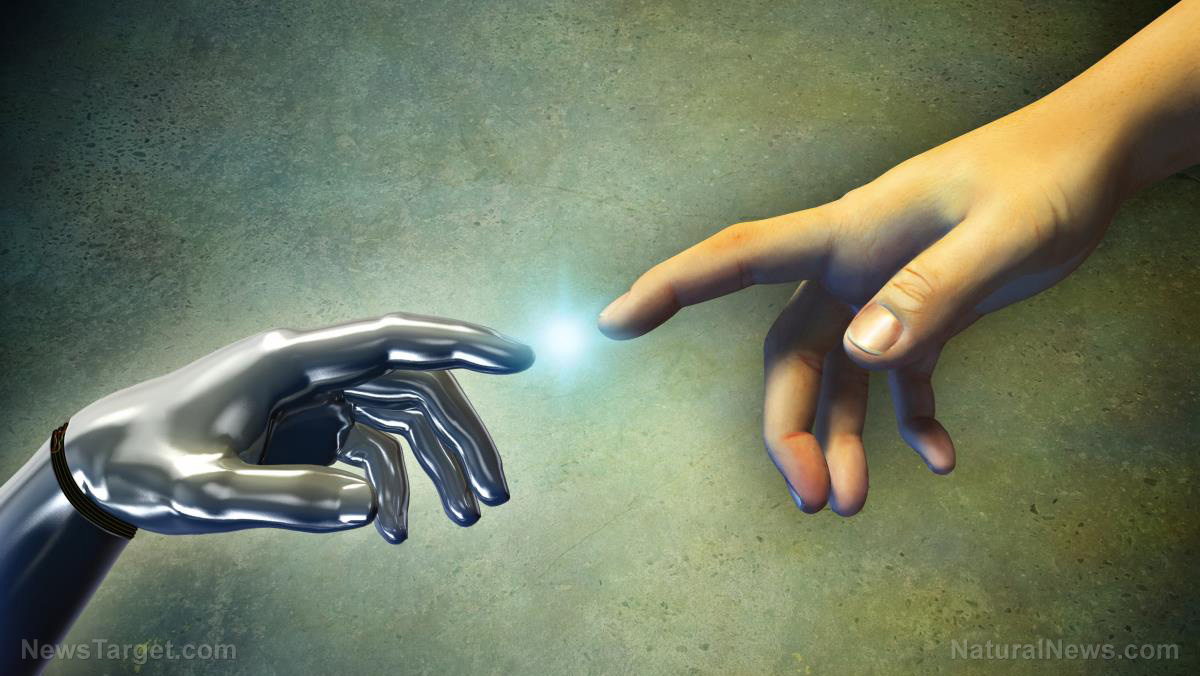
“Que sera, sera…Whatever will be, will be. The future’s not ours to see…que sera, sera.” – goes a classic about letting the future be. That said, of course, there are still people that just can’t help but make prognostications, despite warnings from Doris Day’s iconic classic.
In his video, The Jim Stroud Show pokes fun at earlier prophecies about technology, and how some have become so incredulous – or even downright bizarre – in time. “Since the beginning of time (well, maybe not that long), humanity has been making bad predictions about technology,” Stroud adds.
Watch the full episode here, from REAL.video:
The off-the-mark, the bad, and the just plain weird
Choosing sides when it comes to technology and innovation is risky – you never know which one could change the world. Get it wrong, however, and you wind up with egg on your face. Here are some of the greatest minds in history who may have placed their foot in their mouth with their muffed predictions about technology.
1. Writing could make people forget.
The development of writing instruments rocked the ancient world: Writing, which was first limited to economic and administrative uses in Athens, was gaining ground as a new way to preserve memory – something that was done orally at the time. Of course, not everyone was on board with the idea at the time. Surprisingly, the great scholar Socrates, one of the pillars of Western philosophy, was part of the naysayers, even saying: “If men learn this [written language], it will implant forgetfulness in their souls; they will cease to exercise memory because they will rely on that which is written.”
“You know how I know about that?” Stroud asks. “Because someone wrote it down.”
2. Books could make us into barbarians.
For some people, of course, books are maddening – but it’s nowhere as bad as how French scholar Adrien Baillet put it in 1685: “We have reason to fear that the multitude of books which grows every day in a prodigious fashion will make the following centuries fall into a state as barbarous as that of the centuries that followed the fall of the Roman Empire.”
According to Ann Blair, a historian at Harvard University, this revealed how people in those times viewed the abundance of readily available information, a side effect of the invention of the printing press a century before.
Baillet didn’t turn into a barbarian – and proceeded to write his “judgments” in his half-completed book.
3. Telephones are deal-breakers.
“In 1926, people thought telephones would kill off face-to-face meetings; thus, causing irreparable harm to personal and business relationships,” Stroud pointed out. The San Francisco Catholic Adult Education Committee even considered if the telephone could change the old practice of visiting friends.

Of course, looking back at the impact of the telephone is one way to know that it didn’t damage interpersonal relationships. Far from destroying it, it has radically changed the way people talk to each other – and its offshoots, the mobile phone and the internet, are still breaking the landscape of communication even now.
4. Robots should have taken over the workplace by the end of the ’70s.
In 1959, I. J. Good, one of the pioneers of modern-day computing, declared that in 20 years, “all the problems of science and technology will be handed over to machines, and it will no longer be necessary for people to work.”
Of course, Good was talking about the rise of artificial intelligence – and how it will take jobs away. (Related: Meet the new automated barista that can make 120 cups of coffee an hour.)
“He’s off by a number of years,” Stroud quips.
Bonus: 3 tech predictions that were eerily spot-on
In an article in Ladies’ Home Journal in 1900, John Watkins, Jr. wrote a series of predictions on what could happen in the next century. While some are way off – for some reason, he said that people wouldn’t need the letters C, X, and Q – here are some that hit the mark in a big way:
- “Express trains [will travel at] one hundred and fifty miles per hour.” – The Shinkansen (bullet train) in Japan easily beats this prediction with top speeds reaching 198 mph.
- “Man will see around the world. Persons and things of all kinds will be brought within focus of cameras connected electrically with screens at opposite ends of circuits, thousands of miles at a span.” – He could easily be describing the internet as if he had it in his time.
- “Photographs will be telegraphed from any distance.” – Take a picture, then send it using a social media app to someone. You’ve just confirmed Watkins’ prediction a century prior.
The feature is part of The Jim Stroud Show’s video, titled “Bad Tech Predictions,” which can be viewed on this link.
Sources include:
Tagged Under: bad predictions, future tech, innovations, Real Video, tech impact, tech predictions, technology, weird science




